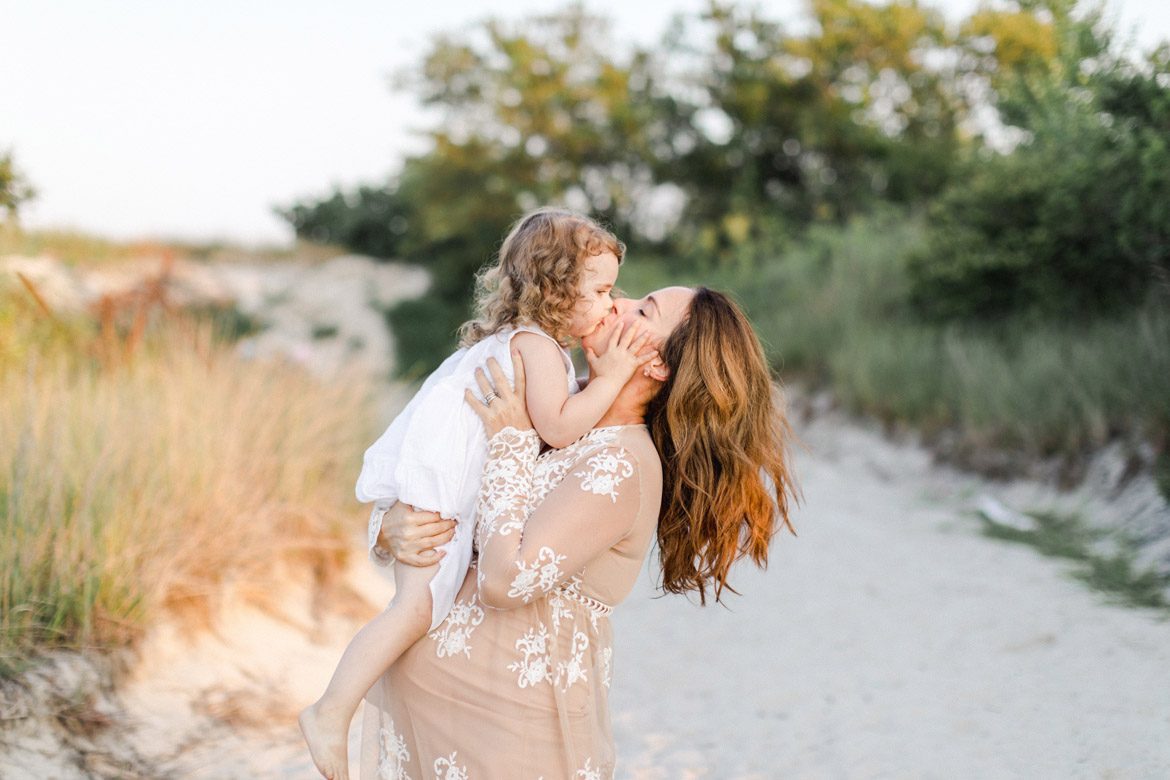By Dr Laura Markham
“Dr Laura… I’m trying to stop yelling for the new year, but I can’t. And I can’t imagine getting my kids to listen if I don’t yell at them… Can you move in with me for a week?!” – Cheralynn
Like Cheralynn, most parents think they “should” stop yelling or shouting, but they don’t believe there’s another way to get their child’s attention. After all, it’s our job to teach them, and how else can we get them to listen? It’s not like yelling hurts them; they barely listen, they roll their eyes. Of course they know we love them, even if we yell. Right?
Wrong. The truth is that yelling scares kids. It makes them harden their hearts to us. And when we yell, kids go into fight, flight or freeze, so they stop learning whatever we’re trying to teach. What’s more, when we yell, it trains kids not to listen to us until we raise our voice. And it trains them to yell back.
If your child doesn’t seem afraid of your anger, it’s an indication that he’s seen too much of it and has developed defenses against it — and against you. The unfortunate result is a child who is less likely to want to behave.
Whether or not they show it, our anger pushes kids of all ages away from us. Yelling at them practically guarantees that they’ll have an “attitude” by the time they’re ten, and that yelling fights will be the norm during their teen years. And as kids harden their hearts to us, they look for more from their peer group. We lose our influence with them just when we need it most.
When we yell, it trains kids not to listen to us until we raise our voice. And it trains them to yell at us.
But believe it or not, there are homes where parents don’t raise their voices in anger at their children. I don’t mean a cold household, where no emotion is expressed — we all know that’s not good for anyone. And I don’t mean these parents have perfect children, or are perfect parents. There’s no such thing. These are homes where the parents DO get their buttons pushed and get mad, but are aware enough of their own emotions to stop and manage themselves so they don’t take it out on their kids.
Do you think, like Cheralynn, that you’d need your own private emotion coach in order to stop yelling? Luckily, you already have one – yourself! In fact, the only way to become the patient, calm parent you want to be is to “parent” yourself compassionately. That means learning to coach ourselves lovingly through our own emotions, so we don’t take them out on our children. Here’s how.
1. Realize that your #1 job as a parent is providing physical and emotional safety, and that includes managing your own emotions
…because your calm is what helps your child feel safe enough that he doesn’t get defensive. It’s also how your child learns emotional regulation — from your modeling. If you’re too stressed to slow down and be respectful, then it’s your job to get a handle on that with some self-care. Your children deserve it. And so do you.
2. Commit to your family that you’ll use a respectful voice.
I know, it’s scary to declare to your child that you’re going to stop yelling. But who else will keep you accountable? Tell your family that you’re learning, so you’ll make mistakes… but that you’ll get better and better at it.
3. Remember that kids will act like kids.
That’s their job! They’re immature humans, learning how things work and what to expect. They need to push on limits to see what’s solid. They need to experiment with power so they can learn to use it responsibly. Their prefrontal cortex isn’t fully developed, so their emotions often take over, which means they can’t think straight when they’re upset. And, like other humans, they don’t like feeling controlled. So while more empathy and respect from you will make them more cooperative, you can expect some childish behavior as long as you live with children, even if you stop yelling. You should be able to self-regulate even when they don’t. You’re the grown-up.
4. Stop gathering “kindling”
…those resentments you start to pile up when you’re having a bad day. Once you have enough kindling, a firestorm is inevitable. Instead, stop, take responsibility for your own mood, give yourself what you need to feel better, and shift yourself to a better place, so you can be the emotionally generous parent your child deserves.
5. Offer empathy when your child expresses emotion — any emotion
…so she’ll start to acknowledge and accept her own feelings, which is the first step in learning to manage them. Once children can manage their emotions, they can manage their behavior. Feeling understood also keeps kids from going off the deep end with their upsets so often.











